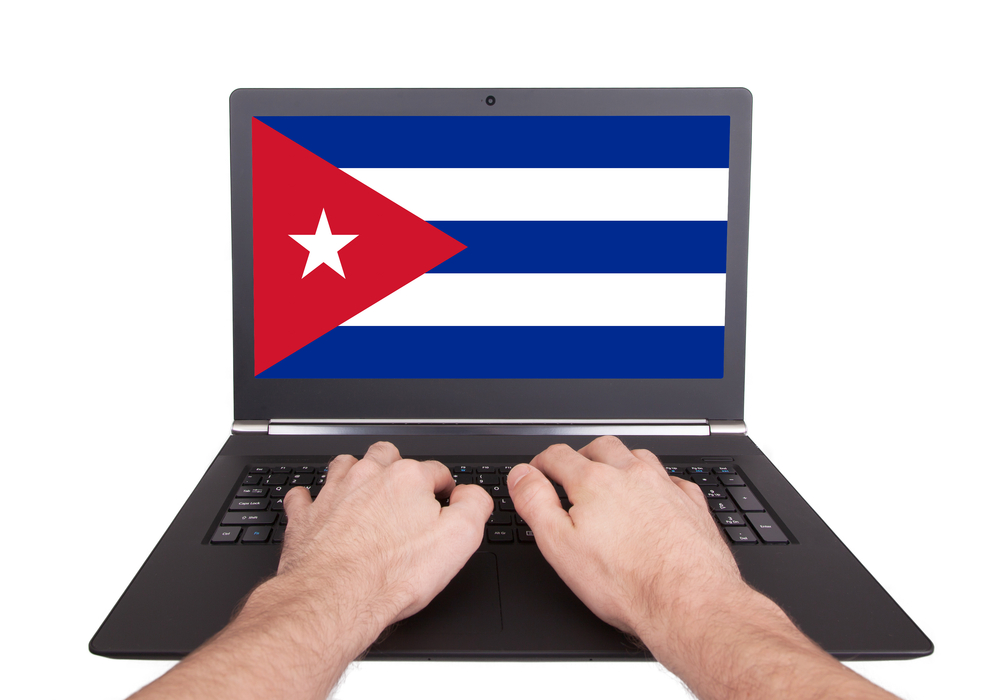Doing Business Online in Cuba’s Emerging Market

There are 12 Wi-Fi hotspots in Havana Cuba and 35 throughout the country. Exposed to a flood of information, products, and services that were previously out of reach, Cuban citizens make up a target market that has yet to be explored by American interests. This is a new frontier that marketing specialists and web developers have an opportunity to cater to if they do their research. Despite the Cuban embargo and 54 years of strained diplomatic relations, the U.S. is the fourth largest food and medical supplies exporter to Cuba giving some U.S. businesses a head start. Companies that are likely to further the efforts of Cuban entrepreneurs will have the easiest time gaining access to the new market.
Even with the recent introduction of the U.S. Embassy to Cuba and the loosening travel restrictions however, Cuba still doesn’t have the infrastructure in place to support all the perks technology has to offer. This is a crack in the door that is slowly opening. Right now, smartphones, iPhones, Blackberries, and Android devices are growing in popularity and they are typically used to text, play games, and share music. Facebook was the most used site when internet access was first granted to the public in July 2015 and millennials represent the biggest slice of the pie. Once the door opens, a country that has been frozen in time for the last five decades will be launched into the 21st century at an alarming rate with readily available products and services online. Imagine going to sleep on Monday knowing you used your cell phone to check your email and waking up Tuesday with an implant that produces holograms via voice command. That same wonder and curiosity coupled with perhaps a little trepidation is exactly what Cuba is experiencing now.
Armed with the knowledge that social media platforms like Facebook have captured the attention of Gen Y users, businesses that offer products and services to this market should consider the reason behind the appeal. Social media is about sharing and communicating not about selling. According to Forbes, 33 percent of millennials in the U.S. rely on peer reviews when purchasing a product or service. Given the level of interest Cuban consumers in the same age bracket have in social media, companies seeking to tap into this market need to make sure they can be found on these sites and that reviews of their products and services are favorable.
Aside from millennials, small business owners in Cuba are noticing a significant shift in the way they are able to communicate with their customers through mobile devices. Whether it is a laptop, tablet, or phone, mobile is the preferred form of communication. Once the markets are open to American businesses, there won’t be any lag time between desktop and mobile transition. Every online business that wants to reach consumers in this market will need to be mobile-ready.
Understanding the current role the internet is beginning to play in everyday life in this particular market will make it easier for companies to tailor products and services to suit the consumers who use them. Web developers searching for a creative approach to introduce a new app have a unique chance to test it by taking advantage of a virtually untapped market. One very important idea to keep in mind is that responsive design is already the most important feature of any software. Businesses that recognize the impact technology has on this market will have the advantage over those that don’t. The key to operating a successful business in Cuba is to be online with a responsive site that can adapt to a rapidly advancing market.
Categorized in: Miscellaneous
Published On: Aug 31, 2015
